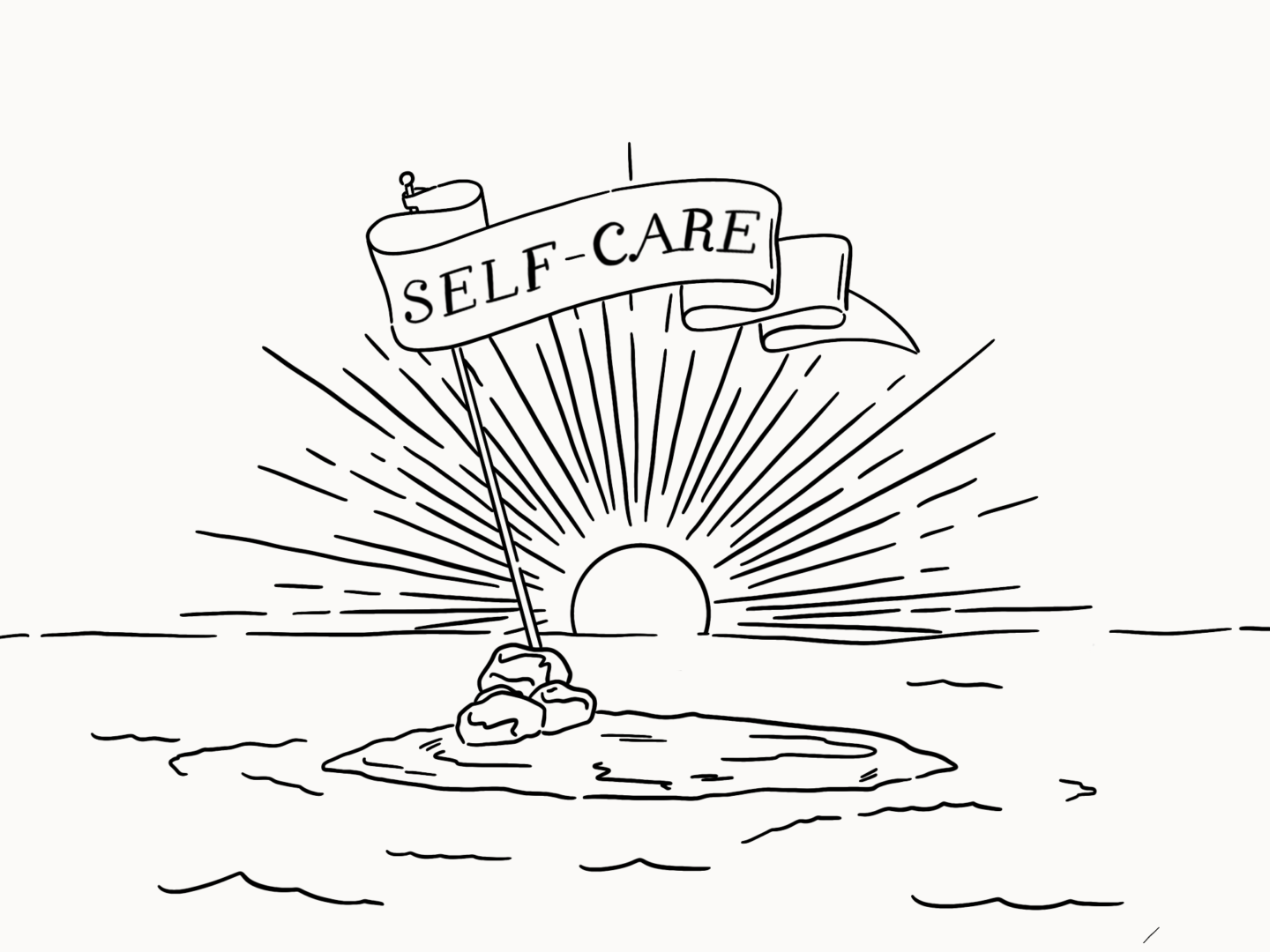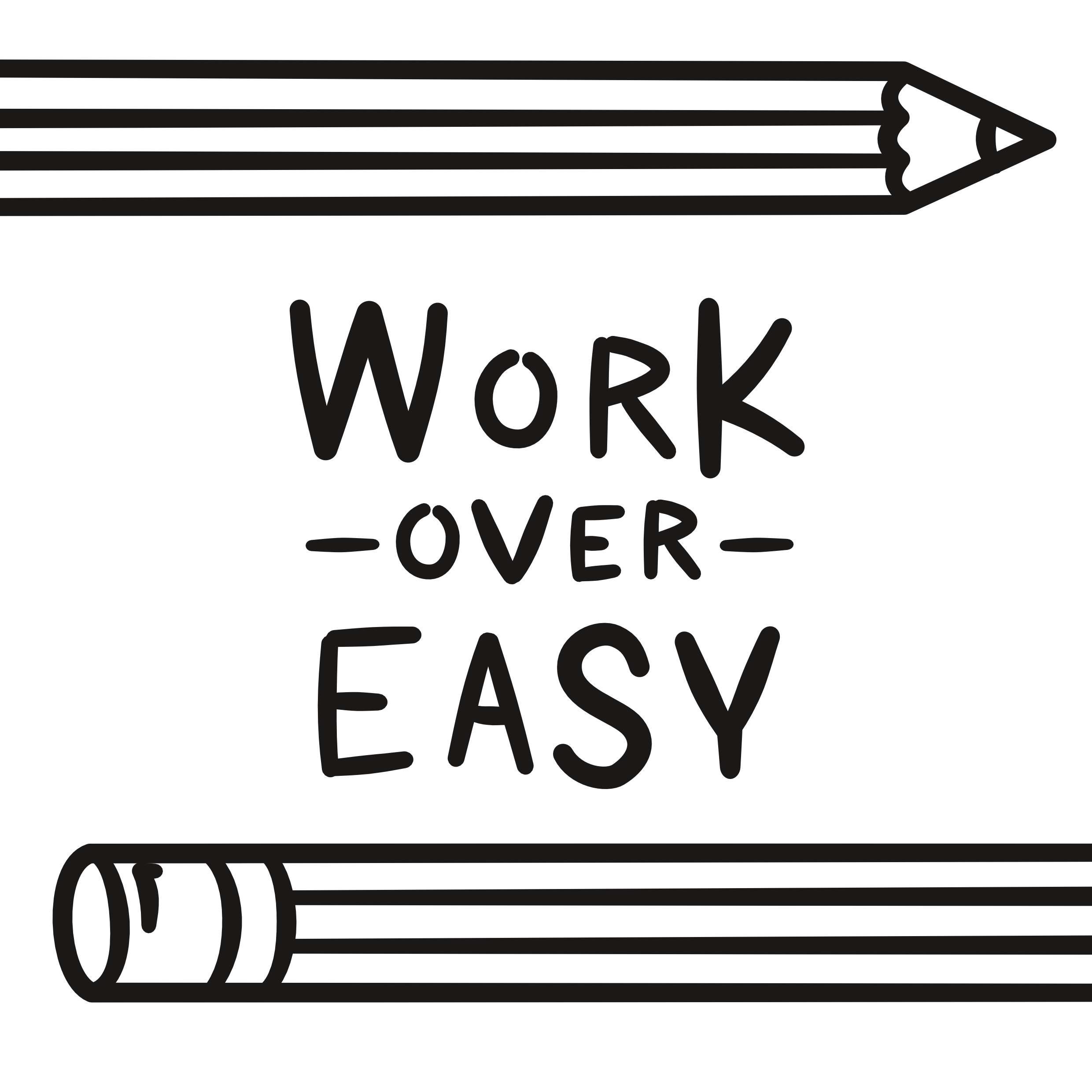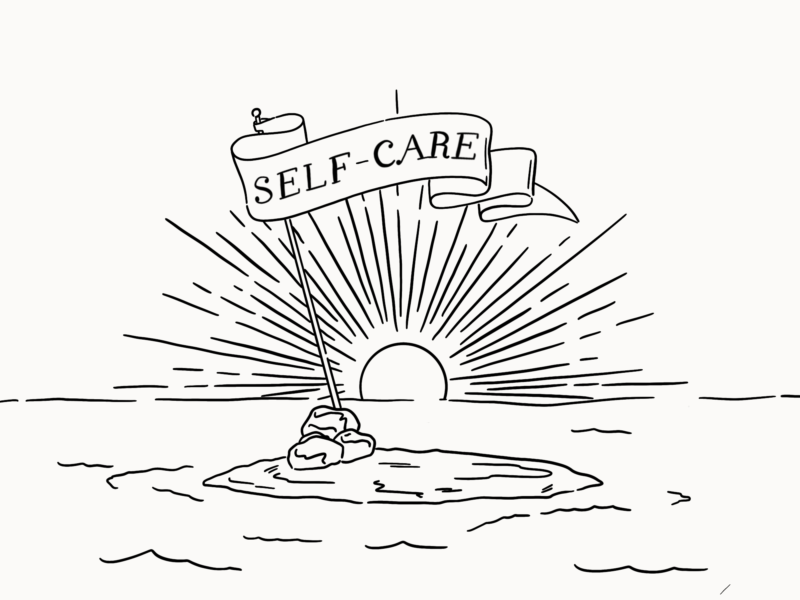I’ve written a fair amount about self-care, and what it means to me, on this blog over the years. As the concept of self-care out in the world has spread and shifted and morphed so have my thoughts on it and how it’s discussed.
Right now, I can’t shake a looming fear I have around the rhetoric that’s currently getting tied up with self-care.
I think when I first wrote about self-care it came at a moment culturally, and personally, where so many people had become so caught up in performing for others and serving stereotypes that weren’t attainable that we needed to be reminded to stop and look after ourselves in whatever form that took. I found comfort in cooking and walks in the park, in owning, and not feeling guilty about my love of cheesy tv, in dancing with my headphones on.
Then as self-care grew and became something of a cultural zeitgeist in and of itself, rather than just a response to tiredness it became commodified. Everything that’s “cool” becomes commodified, it’s just the world we live in. Every brand and their dog was selling us something to help us look after ourselves that little bit better, as part of what is now a billion dollar industry.
Now as the softest parts of self-care have become commercialised from bubble baths to boxes of individually wrapped snacks, there’s a new edge creeping into how we talk about self-care.

Increasingly I’m seeing on social media is variations on the following statement.
The world doesn’t owe you anything so you don’t owe the world anything in return. You’ve got to look after yourself, that’s the real self care.
The use of the word owe rattled around in my brain for a while. It’s a term that’s been used in conjunction with moral philosophy for a while. The Good Place has certainly popularised T.M. Scanlon’s What We Owe to Each Other. But there’s something that feels more sinister underlying the word, because its most common use is financial.
To owe (verb): have an obligation to pay or repay (something, especially money) in return for something received.
When coming from a generation who grew up in the midst of a financial crisis caused by the selling of bad debt and huge personal loans, the idea of self-care freeing us from a huge obligation we have to repay sounds wonderfully freeing. Who would want to walk around with the burden to repay every kindness we are shown.
Equally, there seems to be a desire to shake the language of being owed. Young people have for centuries been accused of being entitled, but it’s something that seems to be felt particularly acutely today. We can’t afford houses because we don’t work for them, because we’re too busy eating avocado toast. So in accepting responsibility for our own care in its entirety we may be seen to be shaking some of those criticisms.
We are not owed and we do not owe.
It makes sense to me. But it also terrifies me because care doesn’t need to be transactional. Love isn’t transactional. It’s not even always reciprocal. But it is shared.
To take on the burden of all of our own care isolates us from being looked after and we need to be looked after sometimes. As Hugh Grant taught us in About a Boy, no man is an island. It’s as true today as when Hugh said it with his foppish hair in 2002. Whether it’s your mother’s cooking, a friend’s shoulder to cry on, or just a hug after a hard day sometimes we need someone else, and that’s okay. In fact it’s more than okay.
We can look after ourselves. We can be alone and thrive. But accepting care from someone else isn’t a debt.
As soon as we mark out self-care as being our only solution to being emotionally debt free, we create, as a consequence, the care of others as a transaction which comes with obligations.
Self-care is brilliant, it’s important, it’s essential even. But self-care shouldn’t be all we have to sustain ourselves. It’s essential but it isn’t enough.



I don’t have anything more to add other than this is brilliant and wonderful and just so beautifully put. I haven’t really seen this narrative going around, but in some ways, it seriously ties right in to the whole commodified aspect of self care. No one owes you anything, now come buy this bubble bath to treat yourself! I don’t really have an answer for what self-care should be like, but the mainstream version just isn’t it
Thank you! It’s something I’ve mainly seen on Twitter, but you’re 100% right about how it plays into the commodification of looking after yourself. I guess in the end it all plays into neoliberal capitalism’s idea of individualism. I’m so interested, and a little worried, to see how it develops in the future.